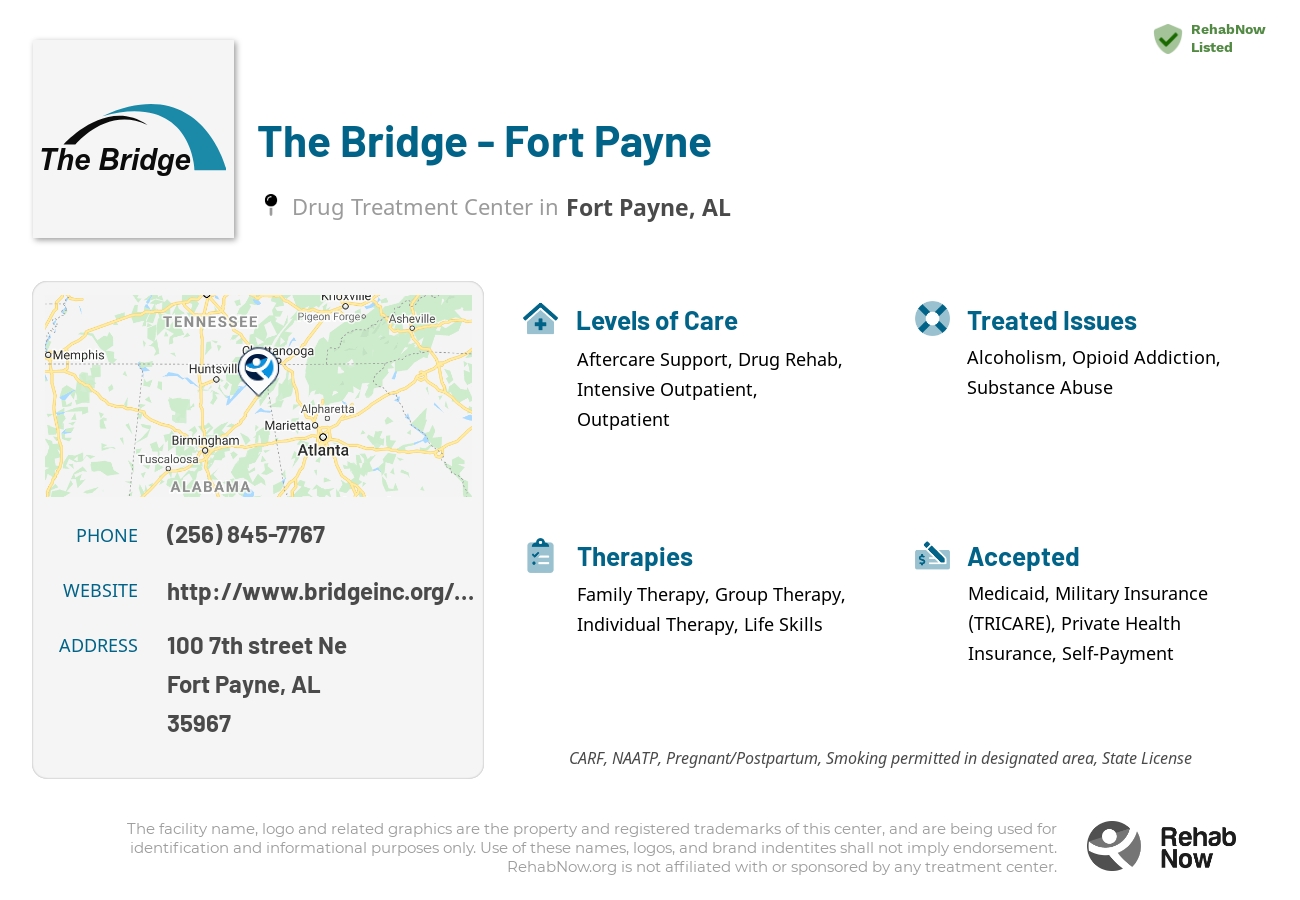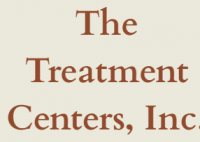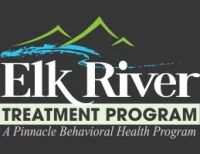The Bridge - Fort Payne
Drug Rehab Center in Fort Payne, Alabama
- Substance Abuse
- Opioid Addiction
- Drug Addiction
- Alcoholism
The Bridge - Fort Payne is an addiction treatment center in Fort Payne, Alabama that offers clinically-driven treatment, evidence-based counseling, and medication-assisted treatment to create individualized treatment plans for patients dealing with addiction and substance abuse issues.
About The Bridge - Fort Payne in Alabama
The Bridge - Fort Payne is an addiction treatment facility located in Fort Payne, Alabama. The facility was founded in 1974 and has been dedicated to helping individuals suffering from alcoholism, opioid addiction, substance abuse, and drug addiction for over four decades. With its commitment to providing quality care, The Bridge offers a range of treatment options to meet the unique needs of each individual seeking help.
At The Bridge - Fort Payne, individuals struggling with addiction can find a comprehensive range of services and treatment methods. These include aftercare support, drug rehab programs, intensive outpatient programs, and outpatient levels of care. The facility takes a personalized approach to address the underlying issues contributing to addiction and focuses on recovery from a whole-person perspective. They utilize evidence-based therapies such as individual counseling, group therapy, and behavioral therapy techniques to promote long-term sobriety and provide clients with the tools needed to maintain their recovery. By combining professional expertise with compassionate care, The Bridge aims to help individuals overcome addiction and build a healthier future.
Genders
Ages
Modality
Additional
Conditions and Issues Treated
Many people need to recover from substance abuse to live a healthy life. In the end, if you can get through all the steps: detoxifying your body, rehabilitation after some time or when needed (depending on the type), and recovery while also receiving therapy support throughout the process, it can be worth it.
A detoxification center is a common place to start the recovery process from substance abuse. With your body and mind restored, you can continue to heal without the lingering effects of drugs.
Many people who struggle with opioid addiction need to attend specific programs like methadone , Suboxone or Vivitrol clinics.
These types of programs will provide the patient with legal, prescription medications that can help them overcome their cravings for illegal opioids like heroin or fentanyl . If the patient has a chronic condition like Hepatitis C, they must undergo treatment before they can begin taking these medications.
Levels of Care Offered
This center offers a variety of custom treatment tailored to individual recovery. Currently available are Aftercare Support, Drug Rehab, Intensive Outpatient, Outpatient, with additional therapies available as listed below.
An intensive outpatient program is usually the first phase of addiction treatment. It provides relief for those who are addicted, but are not ready to commit to an inpatient setting. Typically, the patient lives at home and is able to work or go to school. IOPs consist of a daily 3 to 5-hour program, and there is a required number of hours per week. Most patients go to IOP between 20 and 40 hours per week. The patient attends group counseling and individual therapy throughout the duration of treatment. They also meet daily with their therapist to discuss how it’s going and where they are in the recovery process.
The goal here is to teach patients healthy coping skills, such as stress management and identifying thoughts and behaviors that lead to relapse. The implementation of these skills will be useful as the individual transitions into the next phases of treatment.
An outpatient treatment program is set up to help with alcohol or drug addiction, or a co-occurring disorder. The patient must attend the Alabama facility for their therapy and other programs but are able to return home each night. The frequency of mandatory attendance decreases after much of The Bridge - Fort Payne‘s program is complete.
Aftercare is a term that’s used to refer to any sort of continuing care offered for a drug addict who has voluntarily entered a rehabilitation program. This type of care can be provided in several settings, including outpatient therapy sessions after the addict has completed an inpatient program. There are also 12-step support groups, such as Alcoholics Anonymous, which can provide additional help for addicts trying to stay sober.
Therapies & Programs
Individual Therapy is a critical component of addiction recovery. Therapists work with patients to identify the root of their addiction and figure out how to better handle the issues that led to them using drugs. Individual Therapy is the one-on-one session where people meet with their therapist. Individual therapy provides a safe space for people to open up and discuss personal and sensitive topics which they may not feel comfortable discussing in a group setting.
Family therapy will also help families realize that the addiction is not their fault. For many years, people blamed themselves for an addict’s behavior and felt that they had done something wrong. This is not the case. Addiction is a disease, and it can strike anyone, even if their life seems fine from the outside. It can bring a lot of shame to a family when they have an addict in their midst, but if everyone is open and honest with each other, then they can help everyone stay in recovery.
Group Therapy is utilized by drug treatment centers like The Bridge - Fort Payne to provide the recovering drug addict with a platform to talk about their feelings and experiences. It also provides for an opportunity to learn from other addicts who have successfully overcome their addiction.
Group Therapy is employed in lectures, seminars, or discussion groups (the latter two are typically conducted as “therapy groups”). It is recommended that all group members be recovering addicts for this type of therapy to work (though it does not exclude others with lived experience).
Training in improved life skills helps those recovering from addiction feel more capable of self-care. The Bridge - Fort Payne are daily skills that give the person the tools they need to survive.
The therapy covers practical activities like cooking, job hunting, social interaction, and money management, helping to fill in the knowledge gaps caused by addiction.
These life skills help the person self-manage their recovery and stay on track. It also reduces relapse risk as they gain confidence in their day-to-day abilities.
Payment Options Accepted
For specific insurance or payment methods please contact us.
Is your insurance accepted?
Ask an expert, call (888) 674-0062
The Bridge Associated Centers
Discover treatment facilities under the same provider.
- The Bridge - Fort Payne Recovery Center in Fort Payne, AL
- The Bridge - Tuscaloosa in Tuscaloosa, AL
- The Bridge - Mobile Addictions Treatment Center in Mobile, AL
- The Bridge - Newman Road in Mobile, AL
- The Bridge - Gadsden in Gadsden, AL
Learn More About The Bridge Centers
Additional Details
Specifics, location, and helpful extra information.
Fort Payne, Alabama 35967 Phone Number(256) 845-7767 Meta DetailsUpdated November 25, 2023
Staff Verified
The Bridge - Fort Payne Patient Reviews
There are no reviews yet. Be the first one to write one.
Fort Payne, Alabama Addiction Information
Opioids, such as heroin, fentanyl, and prescription opioids are related to more than half of all drug-related overdoses in Alabama. Alcohol is the most frequently used substance in Alabama; 85,000 Alabamians use cocaine every single year. In Alabama, there are four times as many vehicle crashes involving alcohol as there are normal vehicle crashes.
Unfortunately, drug addiction is increasingly prevalent in Fort Payne, Alabama. According to the National Institute on Drug Abuse, 119 overdose deaths were related to opioids in the city in 2016. This is a rate of 9.8 per 100,000 residents. Over 1,000 admissions to rehab facilities for drug and alcohol abuse in Fort Payne in 2016. Some of the most common types of treatment include inpatient treatment, outpatient treatment, and detox programs.
Treatment in Nearby Cities
- Bay Minette, AL (273.9 mi.)
- Marion, AL (155.8 mi.)
- Tuscaloosa, AL (136.5 mi.)
- Sheffield, AL (114.9 mi.)
- Thorsby, AL (120.4 mi.)
Centers near The Bridge - Fort Payne
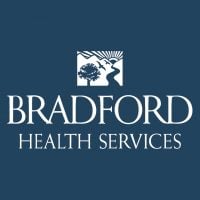

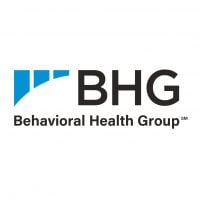
The facility name, logo and brand are the property and registered trademarks of The Bridge - Fort Payne, and are being used for identification and informational purposes only. Use of these names, logos and brands shall not imply endorsement. RehabNow.org is not affiliated with or sponsored by The Bridge - Fort Payne.

